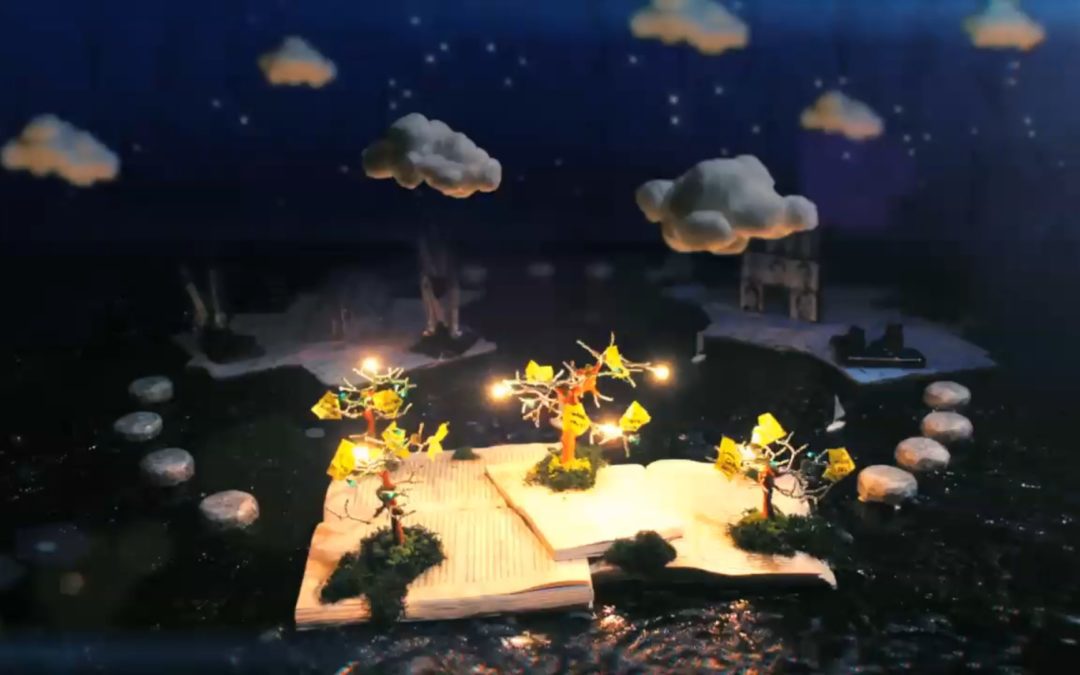
by Shaun Chamberlin | Jul 22, 2010 | All Posts, Climate Change, Cultural stories, Reviews and recommendations
This is a really fantastic piece of collaboration animation on the subject of responses to climate change, from the striking opening comment on Copenhagen on through. Though as the creators freely acknowledge, the ideas behind it need a little love. It strikes me that...
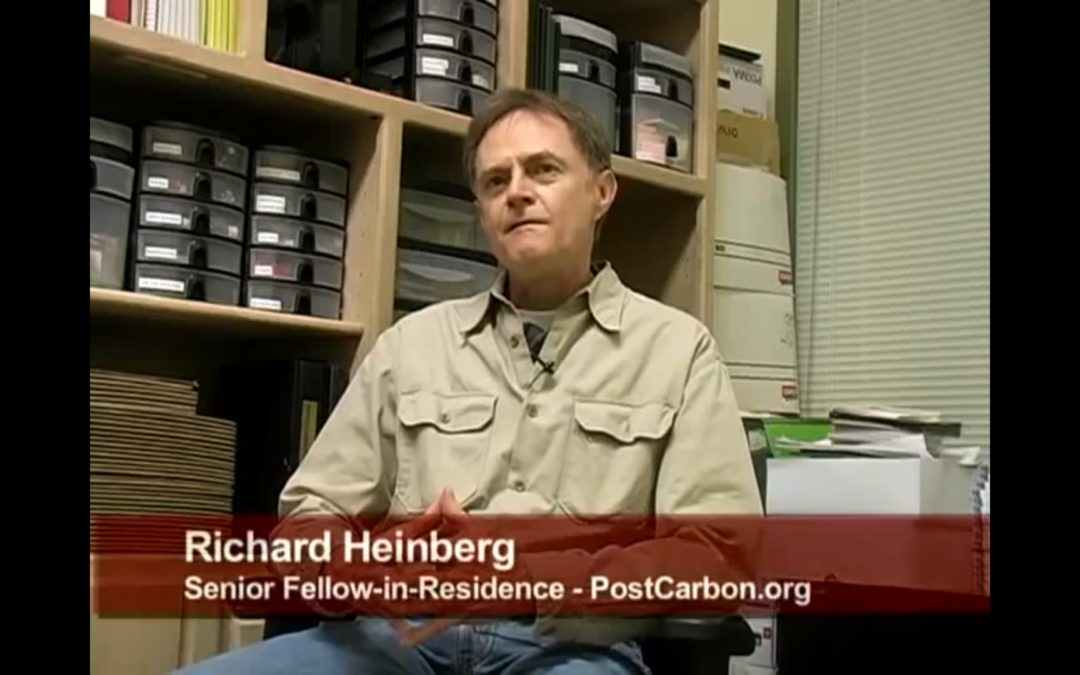
by Shaun Chamberlin | Mar 15, 2010 | All Posts, Cultural stories, Peak Oil, Politics, Reviews and recommendations, TEQs (Tradable Energy Quotas)
See below for an interview with the ever-insightful Richard Heinberg, discussing where we should put our efforts in the aftermath of the failure of the Copenhagen climate summit. It is well worth a watch, and you might want to consider spreading it to your contacts...
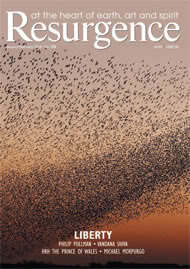
by Shaun Chamberlin | Feb 23, 2010 | All Posts, Cultural stories, Favourite posts, Peak Oil, Philosophy, The Transition Timeline
Below the cut is the text of my latest article for the highly-recommended Resurgence magazine. They asked me to tell the story of my own personal journey thus far, and how I ended up doing what I do. Thanks to Resurgence for permission to reproduce it here (and on my...
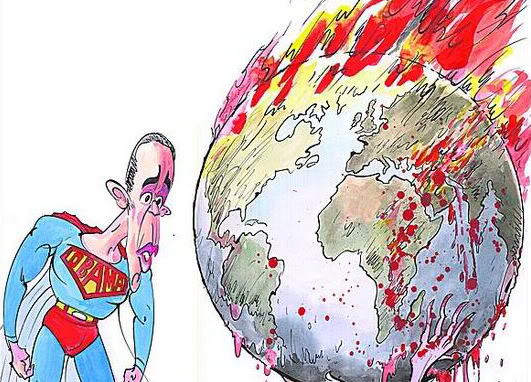
by Shaun Chamberlin | Jan 5, 2010 | All Posts, Climate Change, Cultural stories, Favourite posts, Politics
“Tell everybody waitin’ for SupermanThat they should try to hold on, best they can He hasn’t dropped them,Forgot them,Or anything, It’s just too heavy for Superman to lift” ~ The Flaming Lips We’ve all seen...
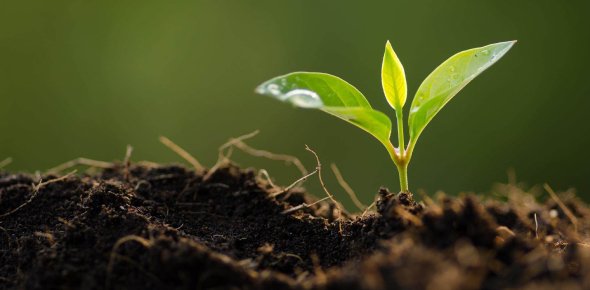
by Shaun Chamberlin | Dec 7, 2009 | All Posts, Climate Change, Favourite posts, Peak Oil
The above ‘Carbon IQ test’ is an excellent way of exploring how much you know about the carbon cycle, and what that means for viable solutions to our climate challenge. Have a go at it before checking out the information...







Recent Comments